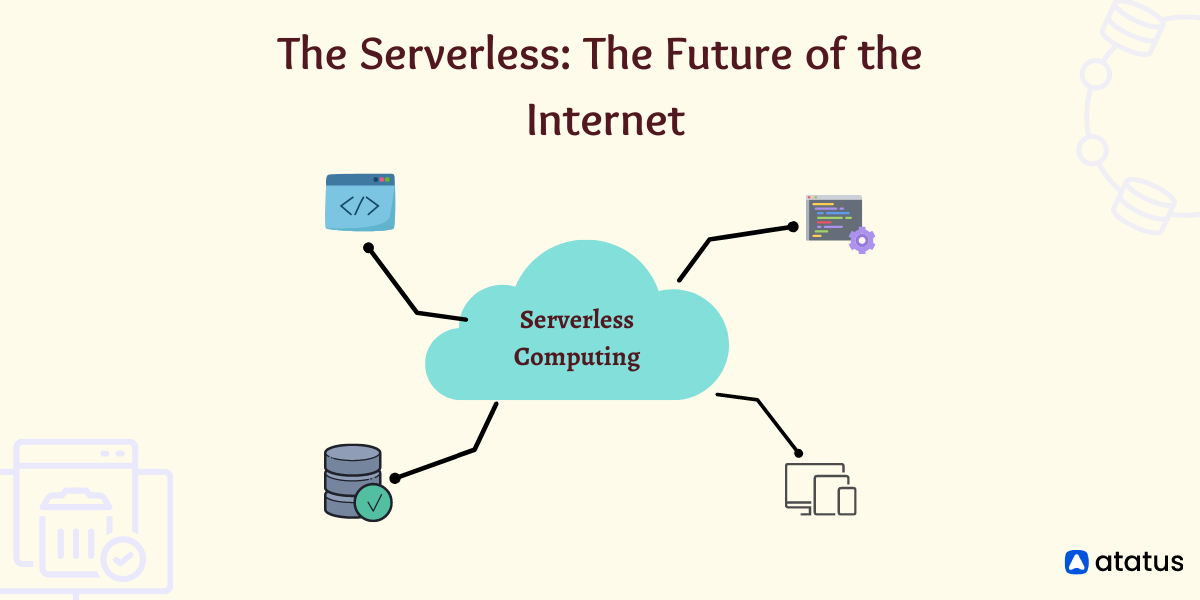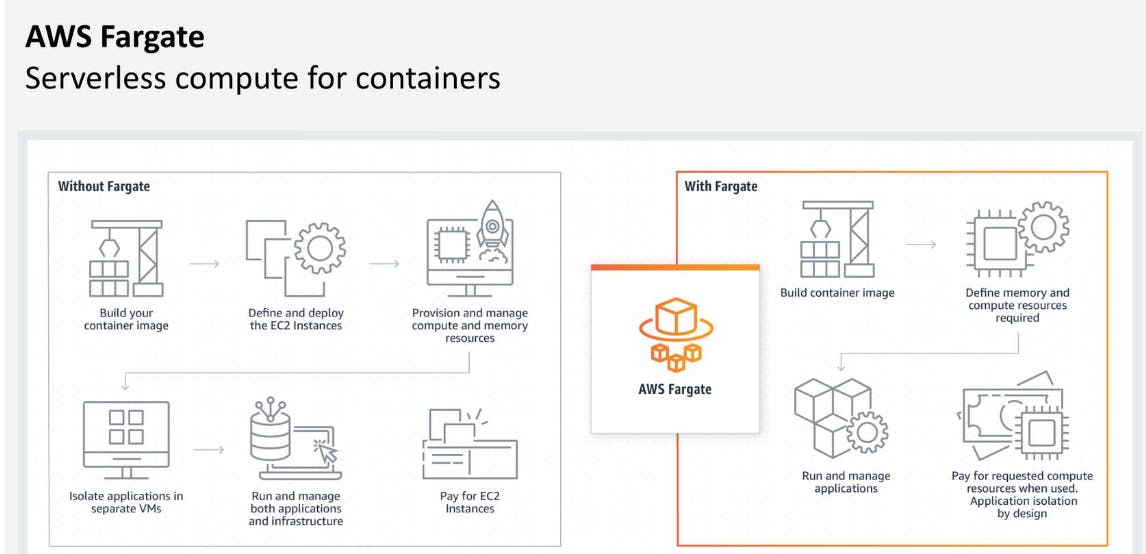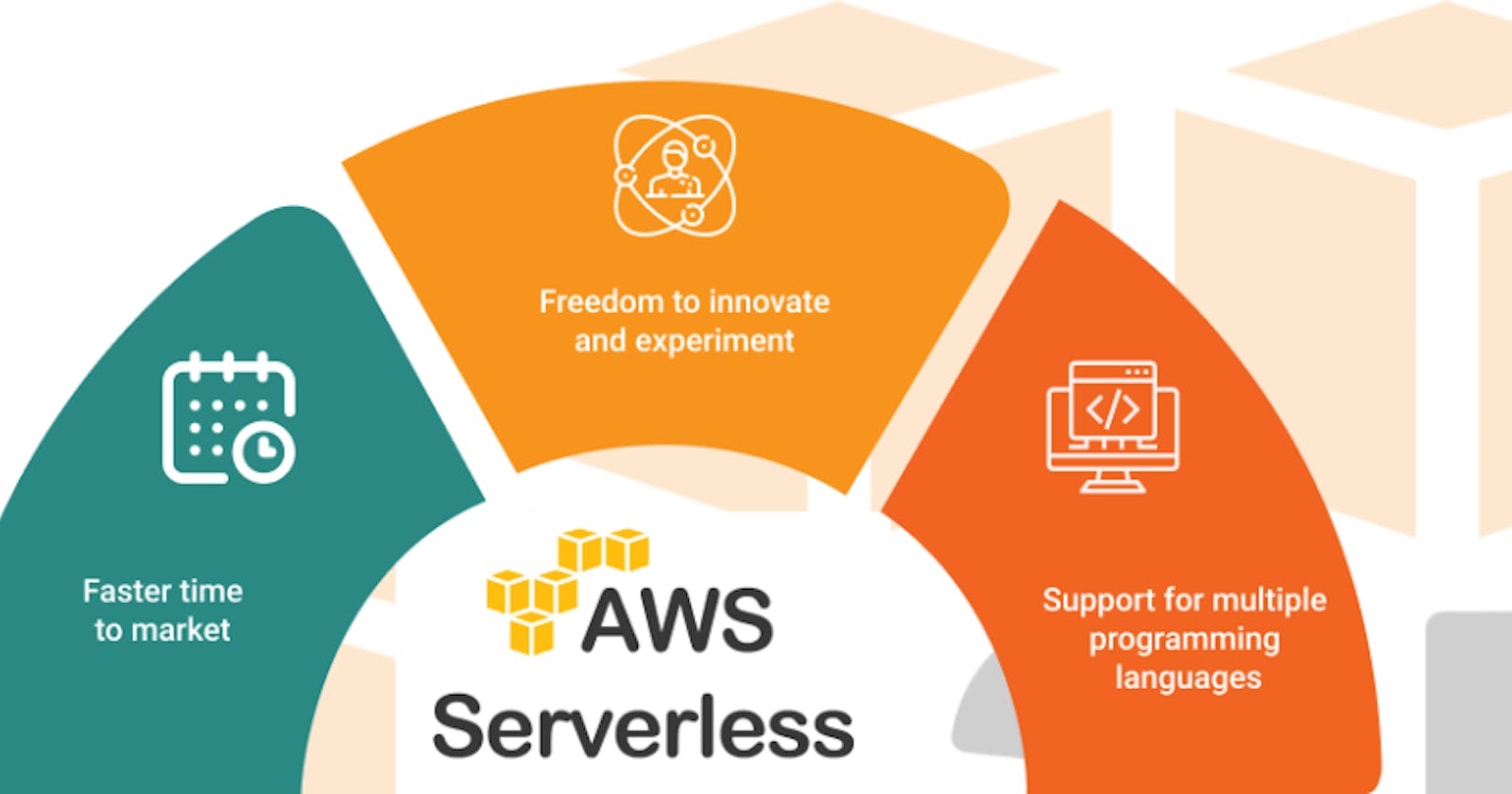Introduction to Serverless
Removing the undifferentiated heavy lifting
If you run your code on Amazon EC2, AWS is responsible for the physical hardware. You are still responsible for the logical controls, such as the guest operating system, security and patching, networking, security, and scaling. As covered in the previous Container Services lesson, you choose to have more control by running and managing your containers on Amazon ECS and Amazon EKS. By doing so, AWS is still responsible for more of the container management, such as deploying containers across EC2 instances and managing the container cluster. However, when running Amazon ECS and Amazon EKS on Amazon EC2, you are still responsible for maintaining the underlying EC2 instances.
Is there a way to remove some of this undifferentiated heavy lifting? Yes! If you want to deploy your workloads and applications without having to manage any EC2 instances, you can do that on AWS with serverless compute.

Go serverless
With serverless compute, you can spend time on the things that differentiate your application, rather than spending time on ensuring availability, scaling, and managing servers. Every definition of serverless mentions the following four aspects:
There are no servers to provision or manage.
It scales with usage.
You never pay for idle resources.
Availability and fault tolerance are built in.
Serverless with AWS Fargate
Exploring serverless containers with AWS Fargate - Fargate abstracts the EC2 instance so that you’re not required to manage the underlying compute infrastructure. However, with Fargate, you can use all the same Amazon ECS concepts, APIs, and AWS integrations. It natively integrates with IAM and Amazon Virtual Private Cloud (Amazon VPC). With native integration with Amazon VPC, you can launch Fargate containers inside your network and control connectivity to your applications. AWS Fargate is a purpose-built serverless compute engine for containers.

AWS Fargate scales and manages the infrastructure, so developers can work on what they do best, application development. It achieves this by allocating the right amount of compute. This eliminates the need to choose and manage EC2 instances, cluster capacity, and scaling. Fargate supports both Amazon ECS and Amazon EKS architecture and provides workload isolation and improved security by design.

